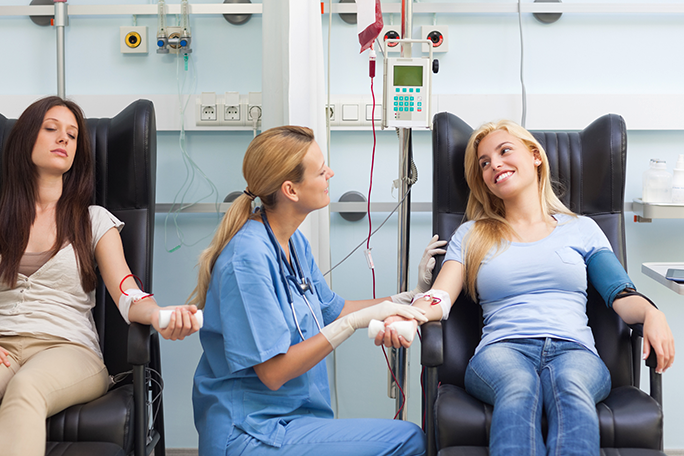# Title: The Importance of Phlebotomy Volunteer Work: Making a Difference in Healthcare
## Introduction
Phlebotomy volunteer work plays a crucial role in supporting healthcare institutions, blood banks, and medical research facilities. Volunteers who assist in phlebotomy tasks help ensure the smooth operation of these facilities by providing essential support to medical professionals. In this article, we will explore the benefits of phlebotomy volunteer work, practical tips for getting involved, and the impact that volunteers can make in the healthcare community.
## Benefits of Phlebotomy Volunteer Work
### 1. Gain Hands-On Experience
Volunteering in phlebotomy allows individuals to gain valuable hands-on experience in the healthcare field. By assisting with blood draws, sample collection, and patient interaction, volunteers can develop essential skills that are valuable for future career opportunities in healthcare.
### 2. Make a Difference in Patient Care
Phlebotomy volunteers play a critical role in providing support to patients during the blood collection process. By ensuring that patients feel comfortable, safe, and well-cared for, volunteers contribute to a positive healthcare experience and help alleviate any fears or anxieties that patients may have.
### 3. Support Medical Research
Volunteers who assist with blood collection and sample processing contribute to important medical research studies and clinical trials. Their efforts help researchers and healthcare professionals gather valuable data that can lead to advancements in treatments, diagnostic tools, and patient care practices.
## Practical Tips for Getting Involved
### 1. Research Volunteer Opportunities
Start by researching volunteer opportunities at local hospitals, blood centers, or community health clinics. Reach out to these organizations directly to inquire about their volunteer programs and any specific requirements for phlebotomy volunteers.
### 2. Obtain Necessary Training and Certifications
Some volunteer programs may require individuals to have basic phlebotomy training or certifications before they can participate. Consider enrolling in a phlebotomy training program or obtaining certification through a reputable organization to enhance your skills and qualifications.
### 3. Network and Connect with Professionals
Networking with healthcare professionals, phlebotomists, and other volunteers can help you learn more about volunteer opportunities in your area. Attend healthcare events, job fairs, or volunteer recruitment sessions to connect with potential mentors and make valuable connections in the industry.
### 4. Stay Committed and Dedicated
Volunteering in phlebotomy requires a commitment to professionalism, compassion, and reliability. Be prepared to follow strict protocols, maintain confidentiality, and adhere to safety regulations while performing phlebotomy tasks. Your dedication and hard work will be appreciated by both patients and healthcare staff.
## Case Study: The Impact of Phlebotomy Volunteer Work
### First-Hand Experience
Sarah, a phlebotomy volunteer at a local hospital, shares her experience of making a difference in patient care. “Volunteering in phlebotomy has been incredibly rewarding,” says Sarah. “I have had the opportunity to assist with blood draws for patients of all ages, and the gratitude expressed by patients after a successful blood collection is truly heartwarming.”
### Positive Feedback from Healthcare Professionals
Healthcare professionals also recognize the valuable contributions of phlebotomy volunteers. Dr. Smith, a physician at the hospital where Sarah volunteers, commends her dedication and professionalism. “Having reliable and compassionate volunteers like Sarah makes a significant impact on our ability to provide quality care to our patients,” says Dr. Smith.
## Conclusion
Phlebotomy volunteer work offers a unique opportunity to support healthcare institutions, assist with patient care, and contribute to important medical research efforts. By volunteering in phlebotomy, individuals can gain valuable experience, make a positive impact on patient outcomes, and establish meaningful connections in the healthcare community. Consider exploring volunteer opportunities in phlebotomy to make a difference in the lives of others and learn more about the rewarding field of healthcare.
